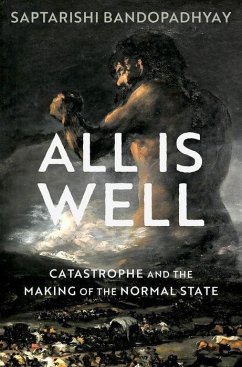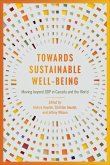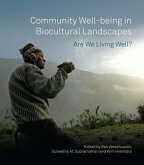Disasters are commonly understood as exceptional occurences that destroy human life, property, and resources. But what is the relationship between such occurences and modern states responsible for guarding society against them? In All Is Well, Saptarishi Bandopadhyay argues that disasters are artifacts of "normal" rule.They result from the same, mundane strategies of knowledge-making, and violence by which authorities, experts, and people struggle to develop state-like power, to define and defend the social order. Drawing on three case studies, Bandopadhyay examines eighteenth-century exercises in catastrophe conservation and state formation, and shows how the underlying beliefs and resulting insights shape contemporary narratives, norms, and practices of global disaster management.
Hinweis: Dieser Artikel kann nur an eine deutsche Lieferadresse ausgeliefert werden.
Hinweis: Dieser Artikel kann nur an eine deutsche Lieferadresse ausgeliefert werden.








